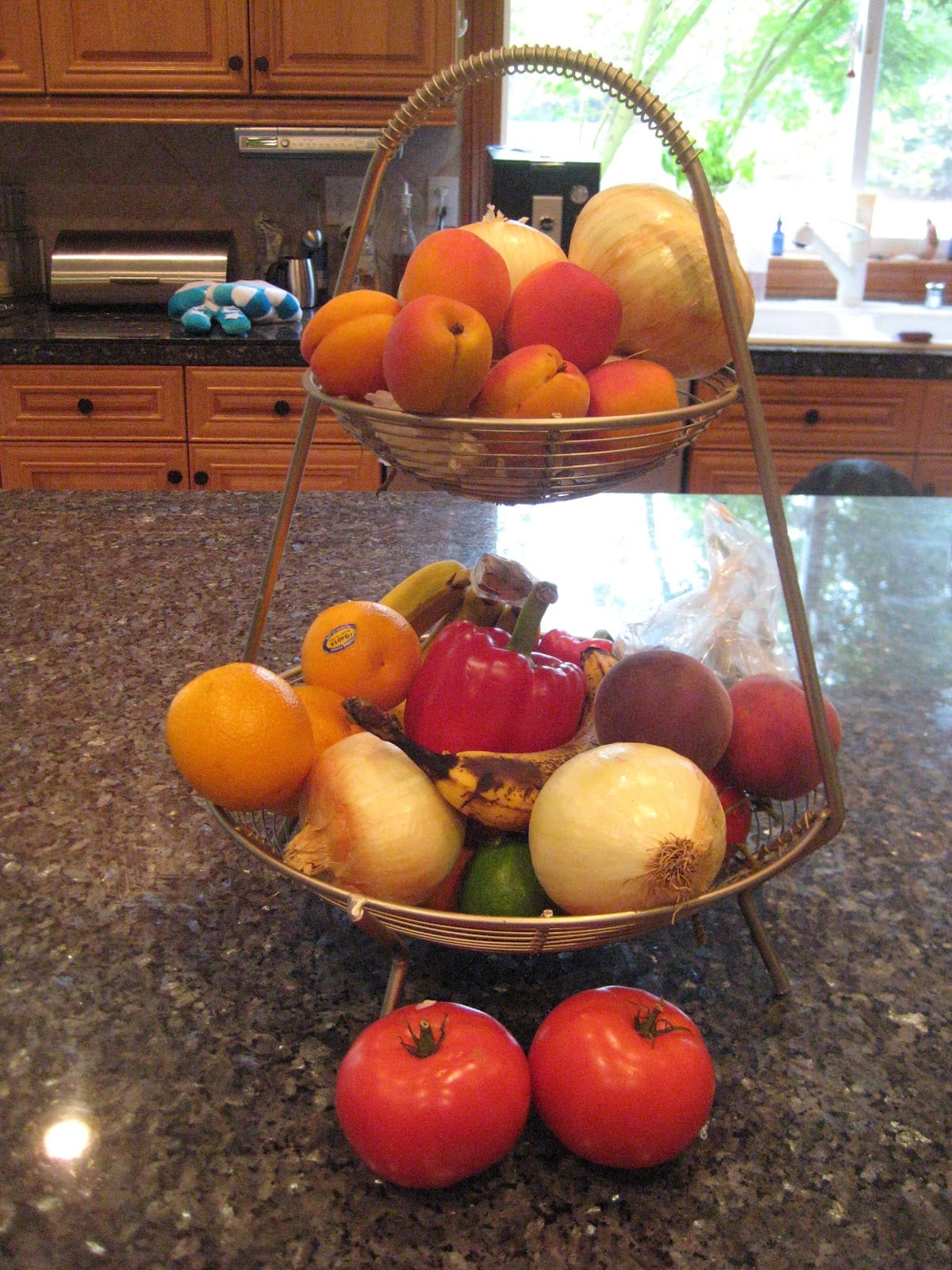
I learned about Occam’s razor in a college philosophy course and it made a strong impression on me. At the time, I was strictly a science major – biology and chemistry – and the idea appealed to me.
According to Wikipedia, Occam’s razor is
“a principle of parsimony, economy, orsuccinctness used in problem-solving devised by William of Ockham (c. 1287–1347). It states that among competing hypotheses, the one with the fewest assumptions should be selected. Other, more complicated solutions may ultimately prove correct, but—in the absence of certainty—the fewer assumptions that are made, the better.”
In other words, the simplest solution is generally the best. We humans tend to make things more complicated than they need to be and often, when I am feeling particularly perplexed, this bit of wisdom reminds me to step back, breathe deeply, and think about a simpler way to get to the result I am seeking.
Yesterday, when I read a story about some newly genetically modified bananas that are set to be tested on human beings, the full force of this theory slapped me upside the head. You can read the entire story here, but the gist of it is this: For the last nine years, researchers in Australia, backed by the Bill & Melinda Gates Foundation, have been attempting to enrich bananas with Vitamin A in an effort to combat the lack of this vital nutrient in the diets of many African children. Vitamin A deficiency can lead to blindness, immune deficiencies, abnormal brain development, and death. And so, these researchers have spent years and years and untold millions of dollars attempting to engineer a better banana and they think they have finally done it. They will begin feeding it to human beings soon (the article does not say which human beings where) and hope that by 2020, (a mere six years from now), they can begin planting it in African countries and harvesting it.
Beyond the obvious issues I have with GMO foods and human trials whose effects we cannot possibly predict, I am speechless. I know that Bill Gates’ life was founded and built on technology, and I know that he has seen it do amazing things. I understand that he is completely besotted with the idea of technological solutions for nearly every problem he sees, and I know that his foundation has long been in bed with the likes of Monsanto, but this entire endeavor is so wasteful and misguided I can barely breathe. I cannot claim to ever have worked with the man, so I don’t know what his managerial style is, but I can’t imagine being a part of his organization and not pointing out the fact that a potential solution to Vitamin A deficiency and malnutrition ALREADY EXISTS.
Those of us humans who know a little about nutrition and real food call them sweet potatoes. They grow quite well in many African climates and have boatloads of beta-carotene – the form of Vitamin A that has been engineered into these bananas – and have already been tested on humans for tens of thousands of years. In the absence of massive amounts of fertilizers and pesticides, they are quite healthy for people of all ages and easily consumed and digested by infants and toddlers. And they didn’t require a massive investment of money or time to develop.
Of course, you can’t patent sweet potatoes, so perhaps therein lies the rub. But if a non-profit organization like The Gates Foundation is truly interested in solving the problems of world hunger, they ought to stop wasting millions of dollars on R&D and look to the solutions that already exist. Helping African communities get access to a healthy, well-balanced diet is surely simpler than they think. There is no reason to engineer food in order to feed people unless you are blinded by your love of technology. Just because you can engineer it doesn’t mean you should, especially if it will cost more in time and money than a solution that is already available and you can’t be sure the outcome will be good for the people you say you’re interested in serving.




